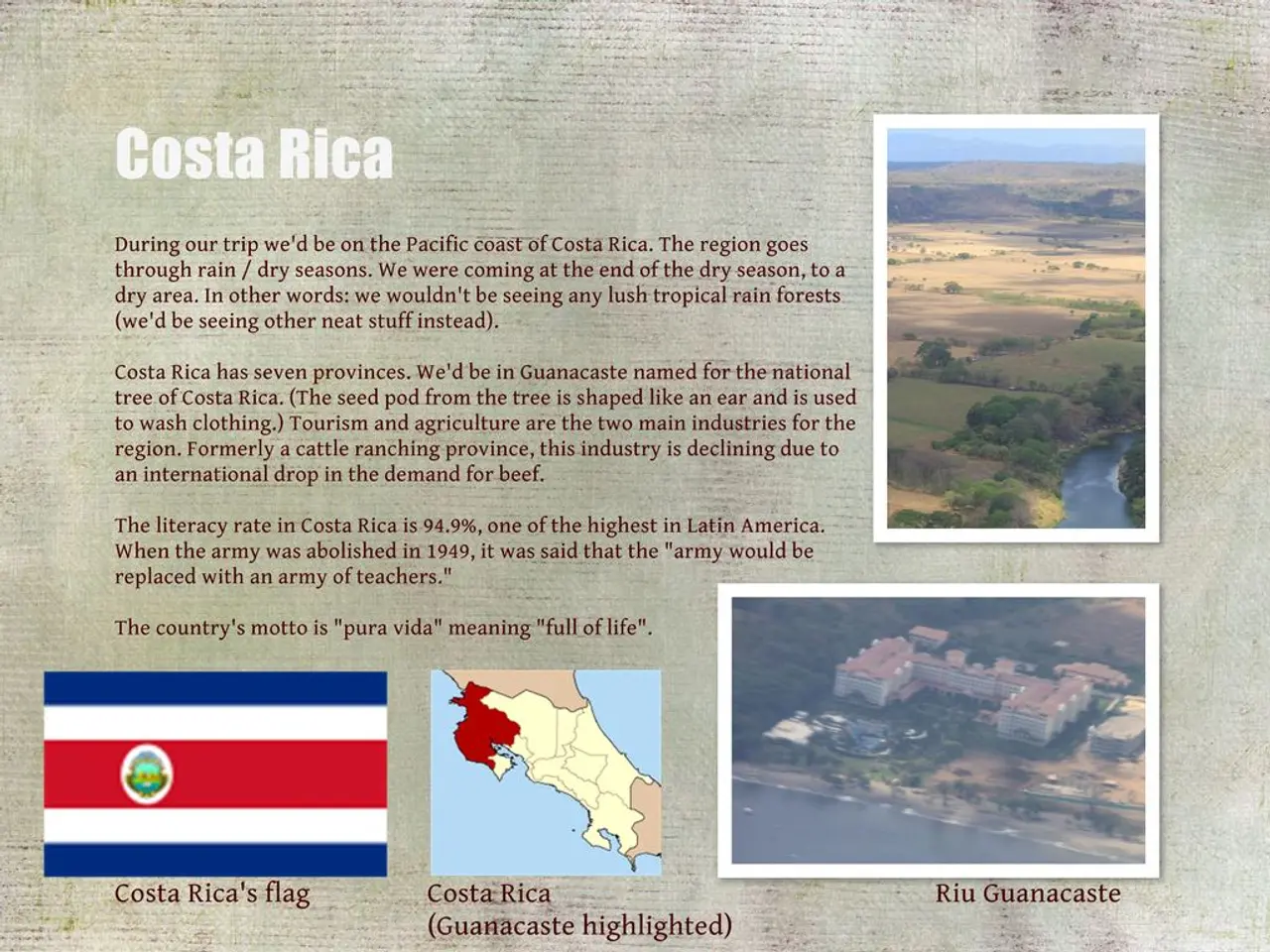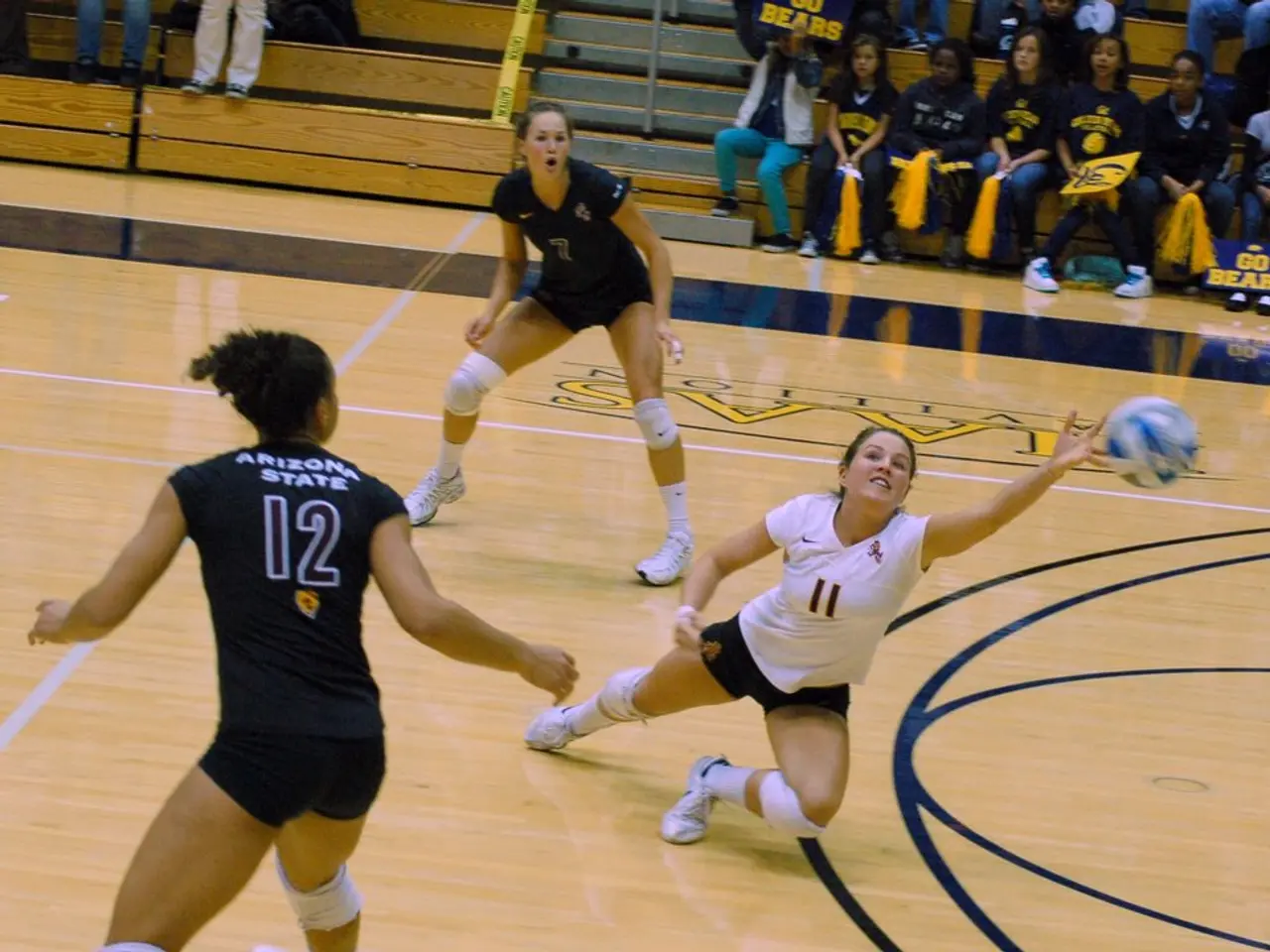Parliament of El Salvador approves amendment, enabling Bukele to run for endless terms
In a move that has sparked controversy and criticism, El Salvador's lawmakers have adopted a constitutional reform that abolishes presidential term limits, allowing current leader Nayib Bukele to run indefinitely.
The reform, approved by 57 supporters and voted against by three opposition members in April 2024, does away with the previous two-term limit and extends the term in office from five to six years. This decision, facilitated by a pro-Bukele legislative assembly and a newly appointed Supreme Court, has raised concerns about the checks and balances system weakening.
Opponents of the reform argue that it breaks constitutional tradition designed to safeguard democratic transitions. Claudia Ortiz, an opposition politician, has slammed the reform as an "abuse of power and a caricature of democracy." Similarly, Miguel Montenegro, director of NGO the Human Rights Commission of El Salvador, has expressed concern over the reforms leading to an imbalance in the democracy.
International rights groups have also criticized the constitutional reform in El Salvador. They warn that allowing indefinite re-election could pave the way for authoritarian rule, reducing political competition and threatening political freedoms. Critics fear that this could compromise democratic institutions and long-term political stability in the country.
However, Bukele remains popular among many Salvadorans for his crime reduction and economic initiatives. He was re-elected in 2024 with a significant majority. Bukele has received enormous support at home for his campaign against criminal gangs, reducing violence in the country to historic lows.
The reform, which was adopted without requiring ratification in another legislative session, has raised concerns about the balance of power and democracy in El Salvador. The controversy surrounding the reform stems from concerns about the erosion of democratic norms and the concentration of power in the executive branch.
Dozens of journalists and campaigners have been forced into exile due to the alleged repression by the government of Nayib Bukele. This has added to the concerns about the state of democracy in the country.
In conclusion, the constitutional reform is controversial because it challenges constitutional safeguards against presidential overreach and raises alarms about the potential for authoritarianism under Bukele’s leadership. The reform has been met with strong opposition from various political figures, human rights groups, and international observers, who fear that it could compromise democratic institutions and long-term political stability in El Salvador.
The constitutional reform in El Salvador has led to criticism from various quarters due to its abolition of presidential term limits and extension of terms in office. This policy-and-legislation change, which was approved despite opposition, is seen as an epaper issue given its impact on general-news stories about checks and balances, democratic transitions, and political freedoms. The concerns stem from fears that this could create an imbalance in the democracy and potentially lead to authoritarian rule.







